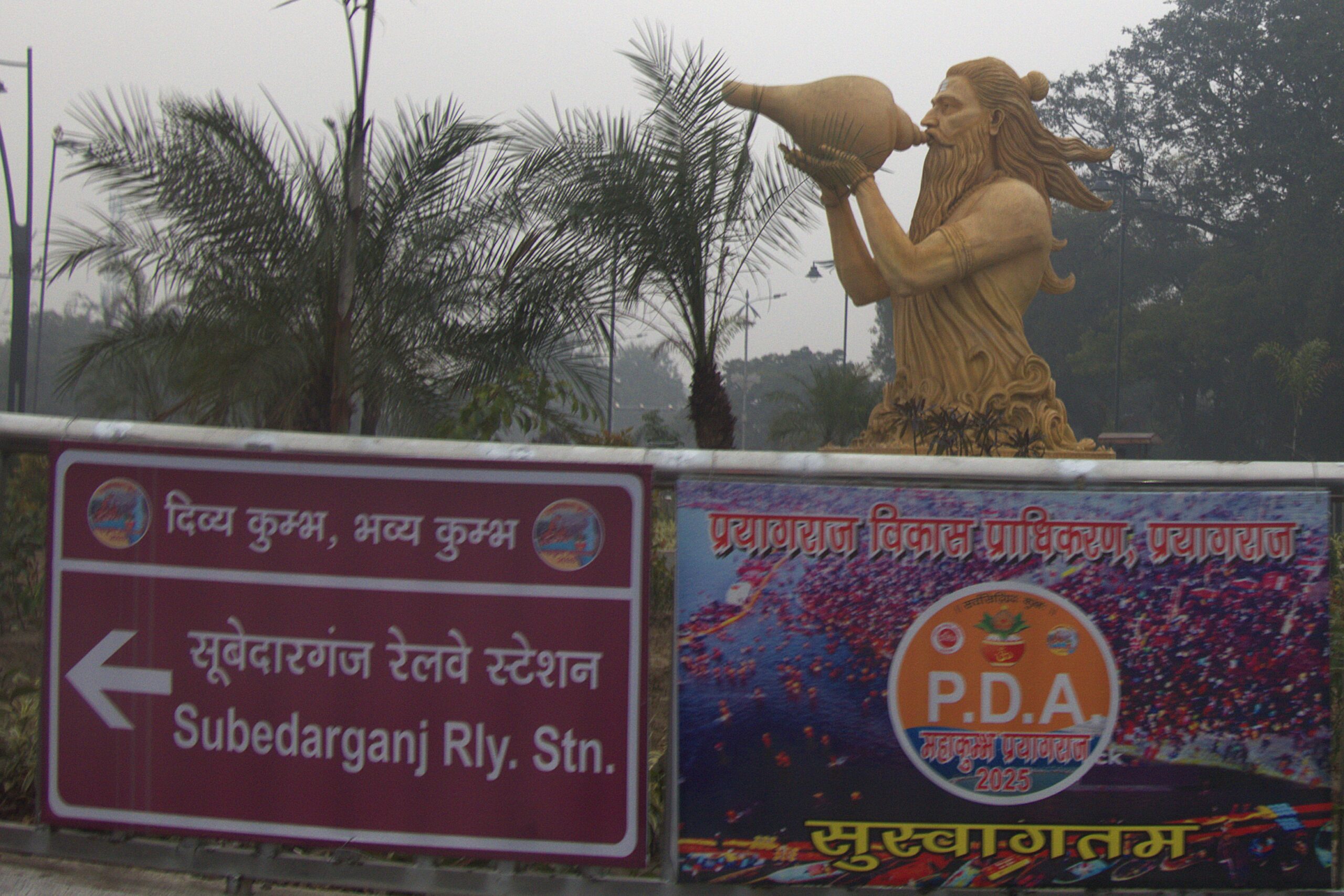
A Gathering Like No Other The Maha Kumbh Mela is one of the most significant cultural festivals in the...
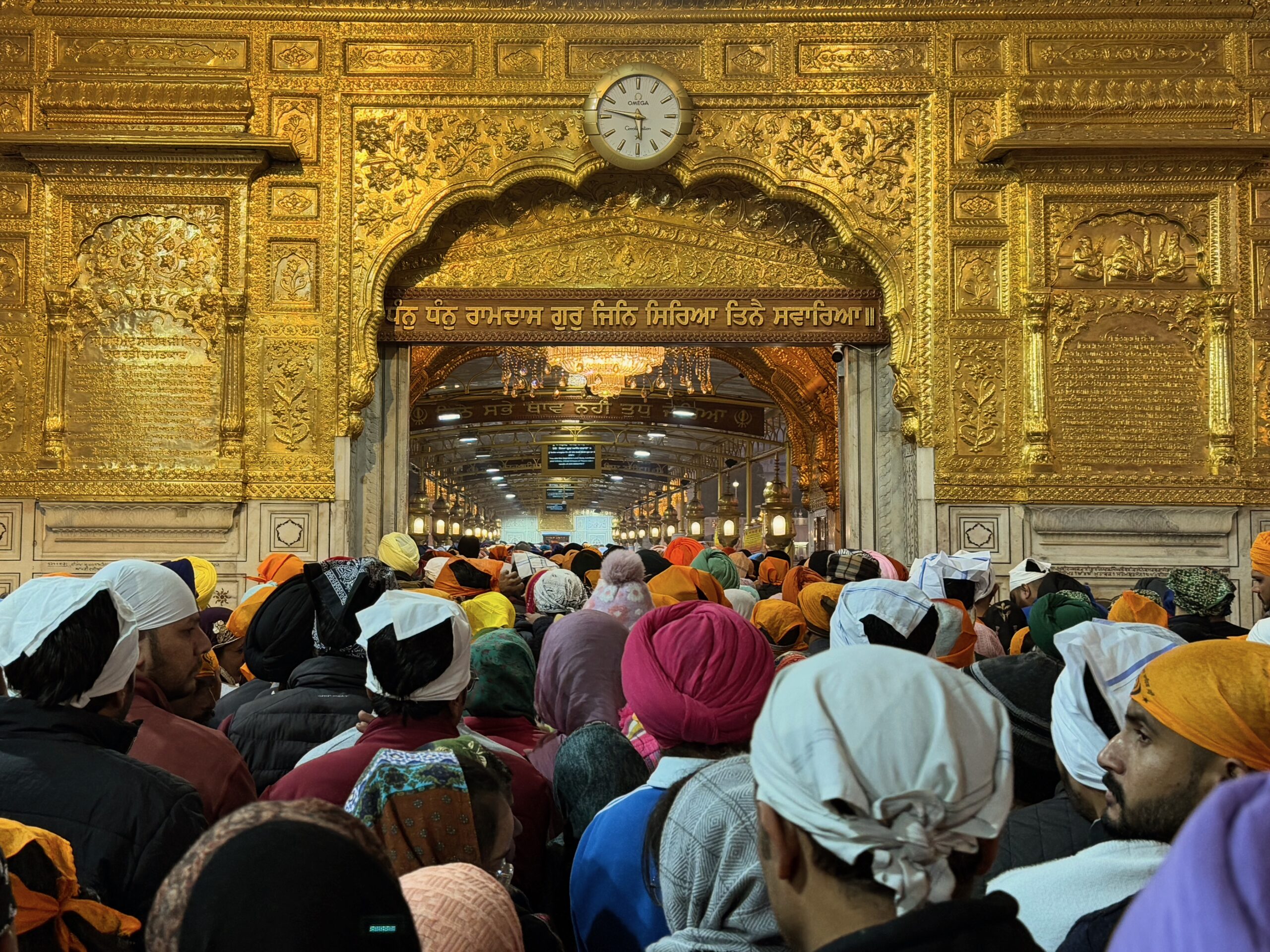
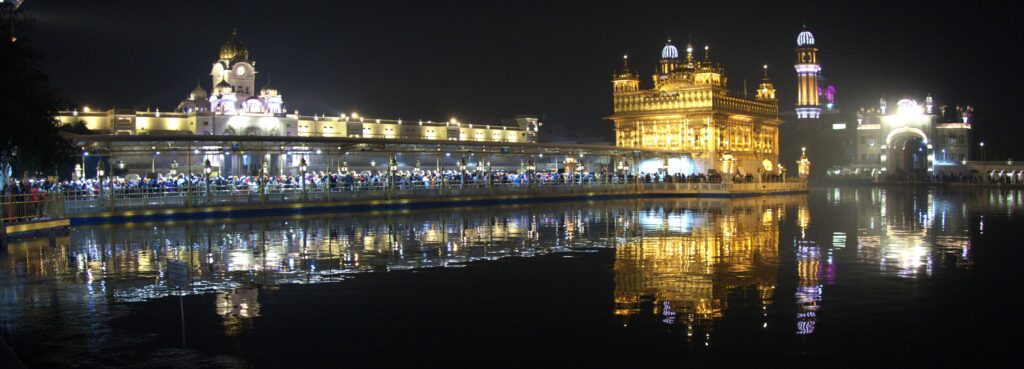
Amritsar, the heart of Punjab, is a city steeped in history, faith, and an unshakable sense of devotion. When we arrived, I felt an energy shift—something deeply spiritual yet welcoming, as if the entire city carried an air of sacredness. Our destination was the Golden Temple, the holiest site of Sikhism. This place is known not only for its stunning beauty but also for its unwavering commitment to the values of equality and selfless service.

As I approached the temple complex, I was astounded by its shining golden domes, reflecting the mild morning sun. The temple is positioned in the middle of the Amrit Sarovar, encircling the holy pool. Its bright gold façade, a stunning contrast to the calm blue of the Sarovar, makes the temple appear to float on the water.
Seeing the Golden Temple in Amritsar was a trip into the core of humanity. This was live evidence of the values of equality, humility, and selfless service, not only a place of worship.

Before entering the Golden Temple, guests must perform an essential but significant rite: leaving their shoes behind, covering their heads, and cleaning their feet in the holy water. These deeds were emblems of humility, reminding everyone that riches and ego must be left behind in the presence of divine status. They were more than just tradition.

We waited more than two hours to enter the temple. Still standing there, though, I could hear the soul-stirring kirtan (devotional singing) echoing through the complex. I understood that this wait was not a hardship but a natural experience. It allowed us to see, think, and be in the moment.
The scene inside the sanctum was magnificent: the golden construction glistening in the sunlight, its reflection dancing in the Amrit Sarovar holy water tank. The air smelled like incense, prayers were audible, and thousands of pilgrims silently revered their country. People lowered their heads and completely surrendered their weight to the floor. There was only patience, respect, and dedication—no rushing or pushing.

Faith here, I realized, was about little, daily acts of devotion—a bent head, a muttered prayer, a silent offering—rather than big gestures.
Following our visit to the sanctum, we headed to the langar, the world’s most significant free community kitchen. It serves over 100,000 people daily, regardless of religion, caste, or origin.

As we arrived, I was overwhelmed by the sheer scope of the operation—massive vats of dal being churned, hundreds of volunteers rolling out chapatis, people quickly delivering plates of food, and an unbounded flow of people seated down to eat.
The idea of langar is simple: Everyone, regardless of position, sits on the floor together and eats the same food. In that instant, people share meals as equals, neither rich nor poor, neither higher nor lower. It is an instruction in humility and kindness—not in words but in deeds.

Volunteers crept in, replacing plates to ensure no one went hungry. The most amazing part is that this operation depends solely on donations and voluntary work. Though thousands donate—not out of obligation but rather out of love—none is required of anyone.


There is neither a “giver” nor a “receiver” since actual generosity eliminates the boundaries between the two. It is about sharing because you believe in plenty, in kindness, in the idea that we rise by helping others, and it is not about donating what you have extra.

The Golden Temple is Sikhism’s holiest shrine, yet it welcomes everyone. No matter your faith, background, or beliefs, you are embraced here as a visitor and a fellow human being.
As I stood near the Amrit Sarovar, watching people sip the sacred water, I saw faith in their eyes—not just religious belief but faith in kindness, unity, and the idea that despite our differences, we are all connected.

The continuous devotional singing, the volunteers tirelessly serving food, and the people walking barefoot across the marble floors in quiet reverence all spoke of a faith that is not loud or boastful but gentle and unwavering. This faith does not need to be proved; it is only lived.
As I stepped out of the Golden Temple complex, the golden domes glowing under the evening sky, I realized I was leaving with something far more significant than just memories.

I had come here as a visitor, yet I never felt like an outsider. Humanity embraced me with a warm meal. Humility reminded me that no one is above another. Generosity showed me that faithful giving asks for nothing in return. Faith reassured me that there is still goodness in the world if only we choose to see it.
Perhaps that is the true power of the Golden Temple—not just its breathtaking beauty but its ability to leave a mark on your soul, to remind you that we are not so different from one another.
Author and photo credit: Cristy

A Gathering Like No Other The Maha Kumbh Mela is one of the most significant cultural festivals in the...
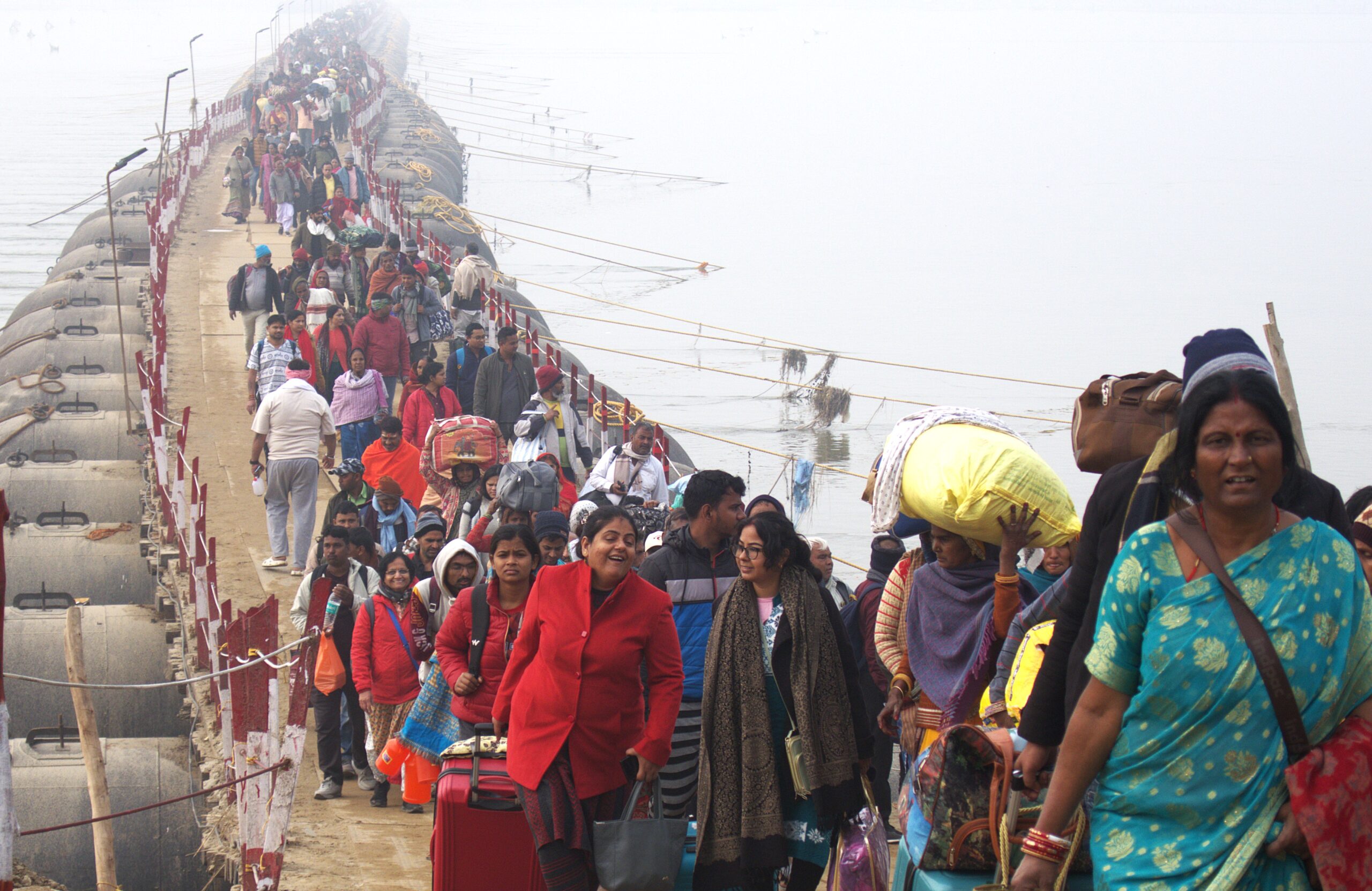
First Day of the Maha Kumbh Mela The official first day of the Maha Kumbh Mela began long before...
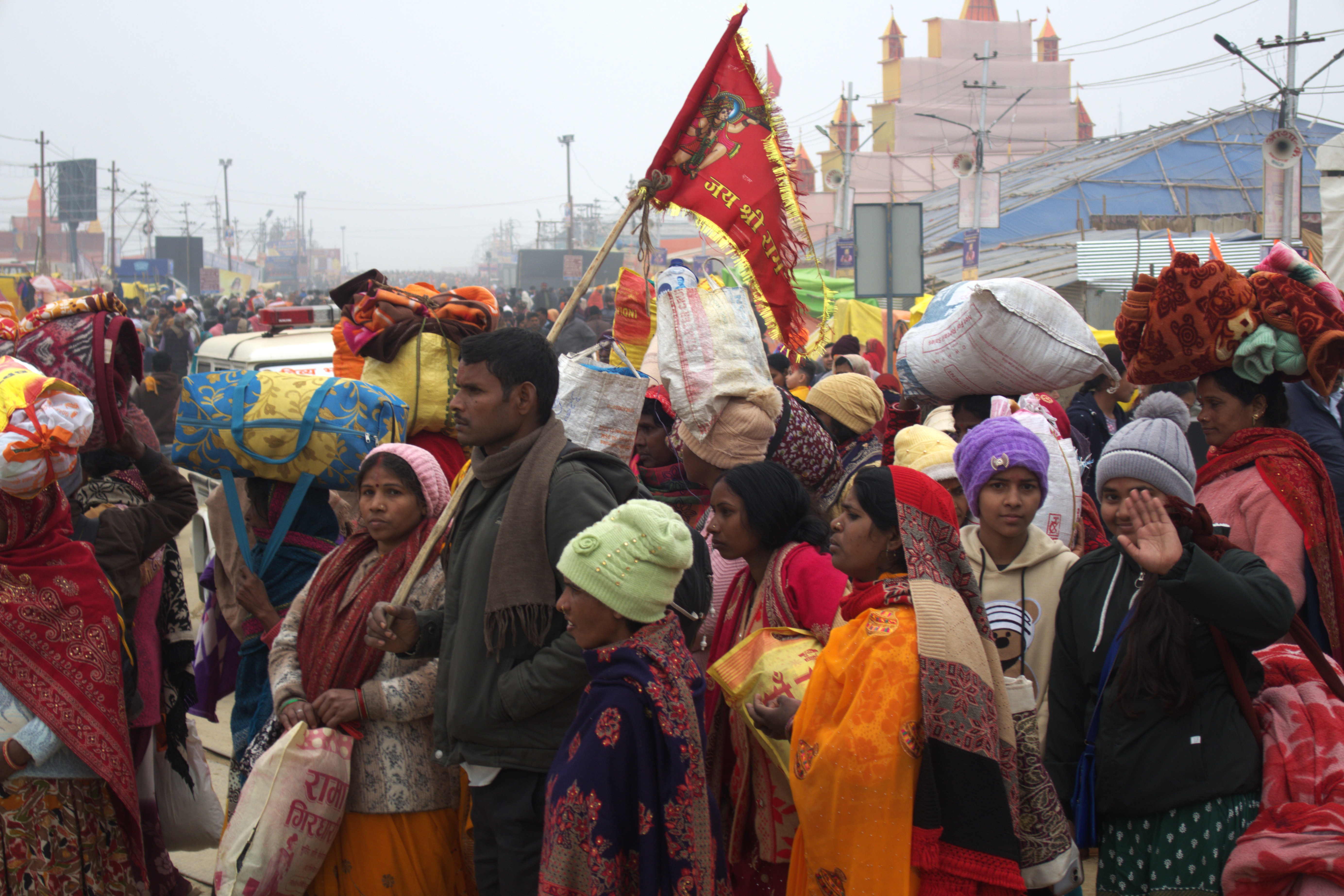
The Nearest Sangam Following our strenuous walk of over 25 kilometers the previous day, every muscle in our legs...

An Unforgettable Experience at the Maha Kumbh Mela Reaching the Sangam The Sangam is the revered junction of...
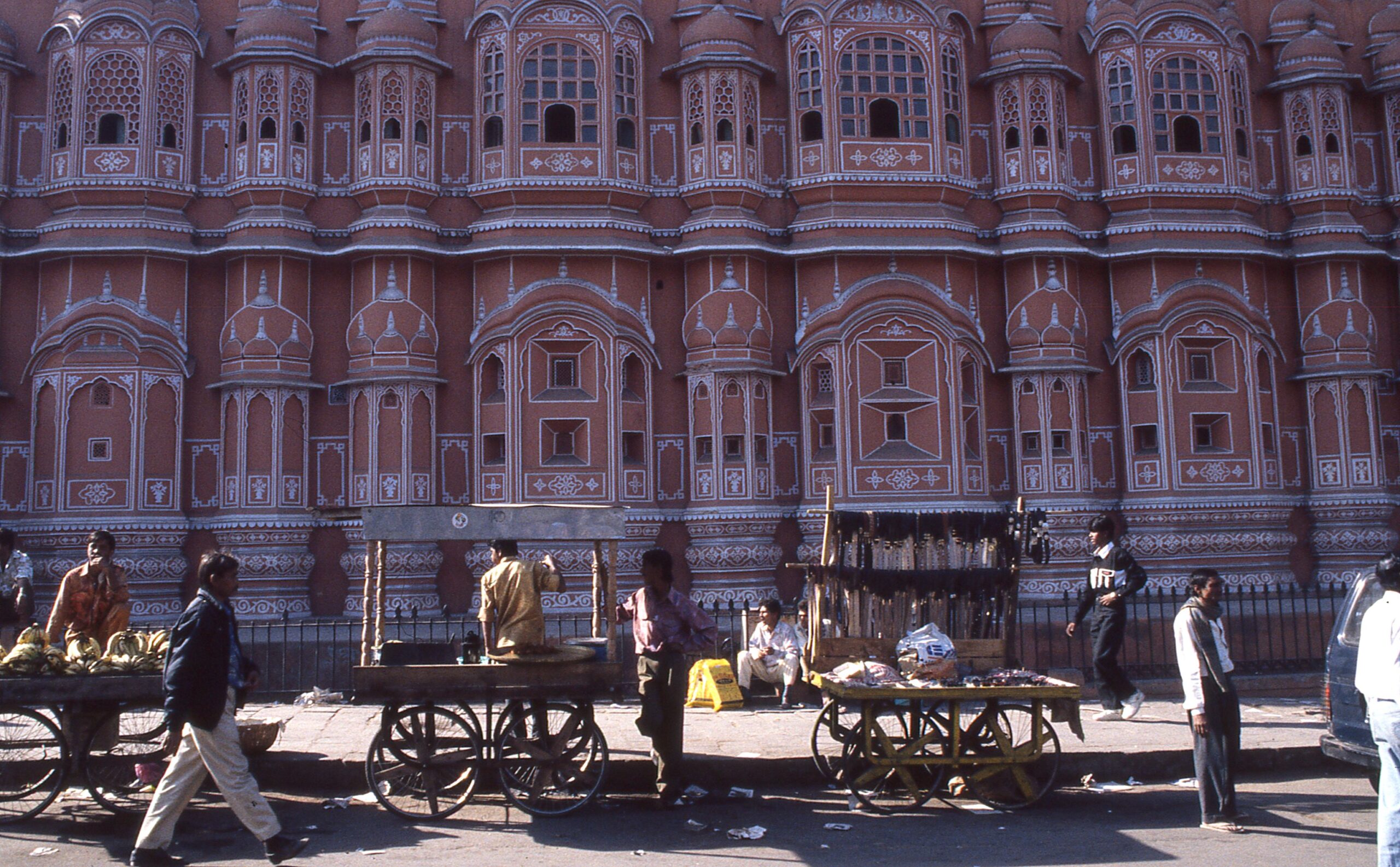
My Journey Back in Time I took the night bus from Udaipur to Jaipur, leaving behind the city’s shimmering...
Temples, Thalis, and Timeless Chaos When we arrived in Jaipur, the Pink City, it felt like stepping into a...
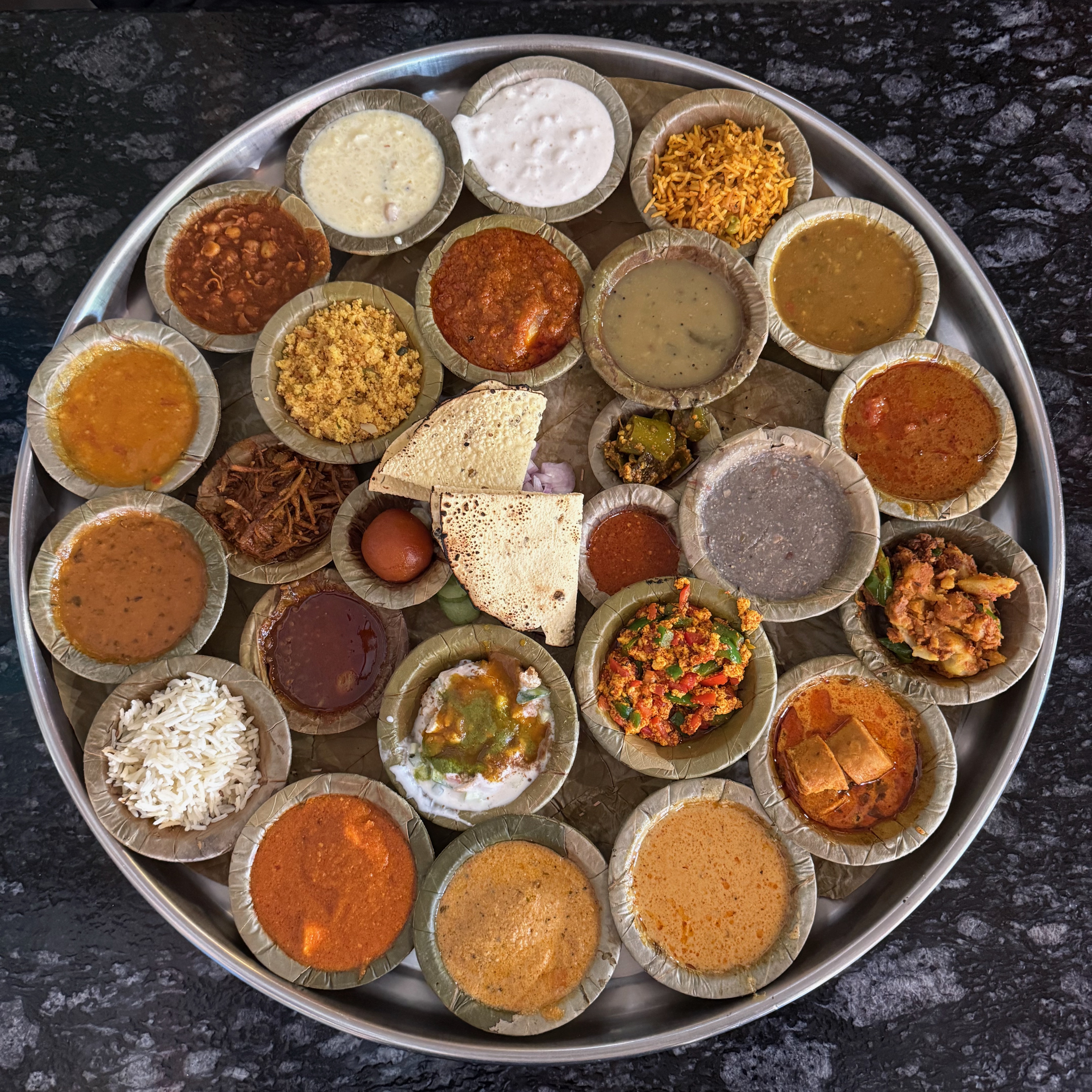
Exploring Jaipur’s Best Thali Experiences Amid Jaipur’s bustling streets and majestic palaces, the thali custom unites the essence of Rajasthan’s...
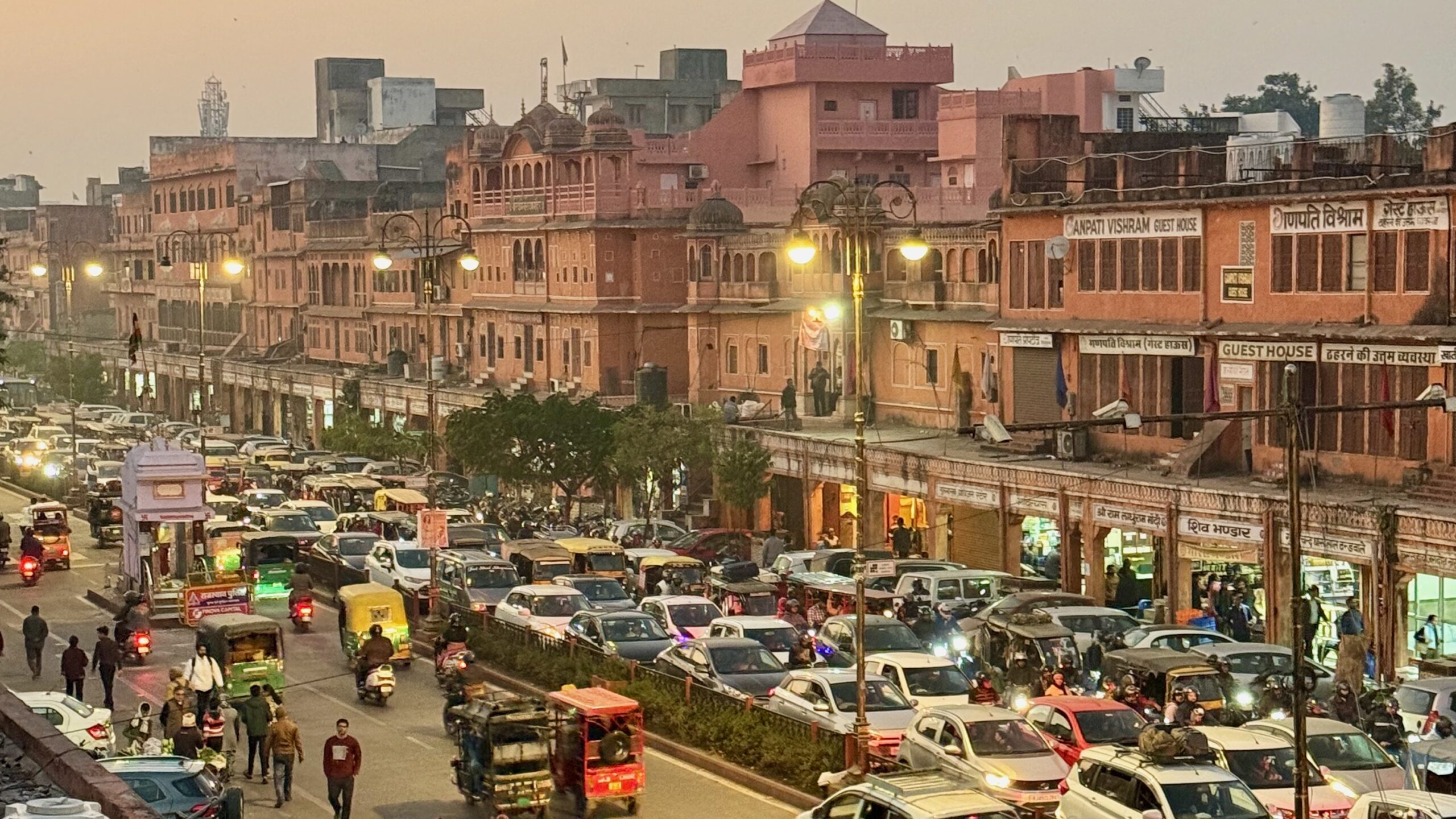
Despite Jaipur’s advancements, luxury malls, and modern conveniences, Jaipur still clung to its age-old chaos. Crossing the Street Crossing the...
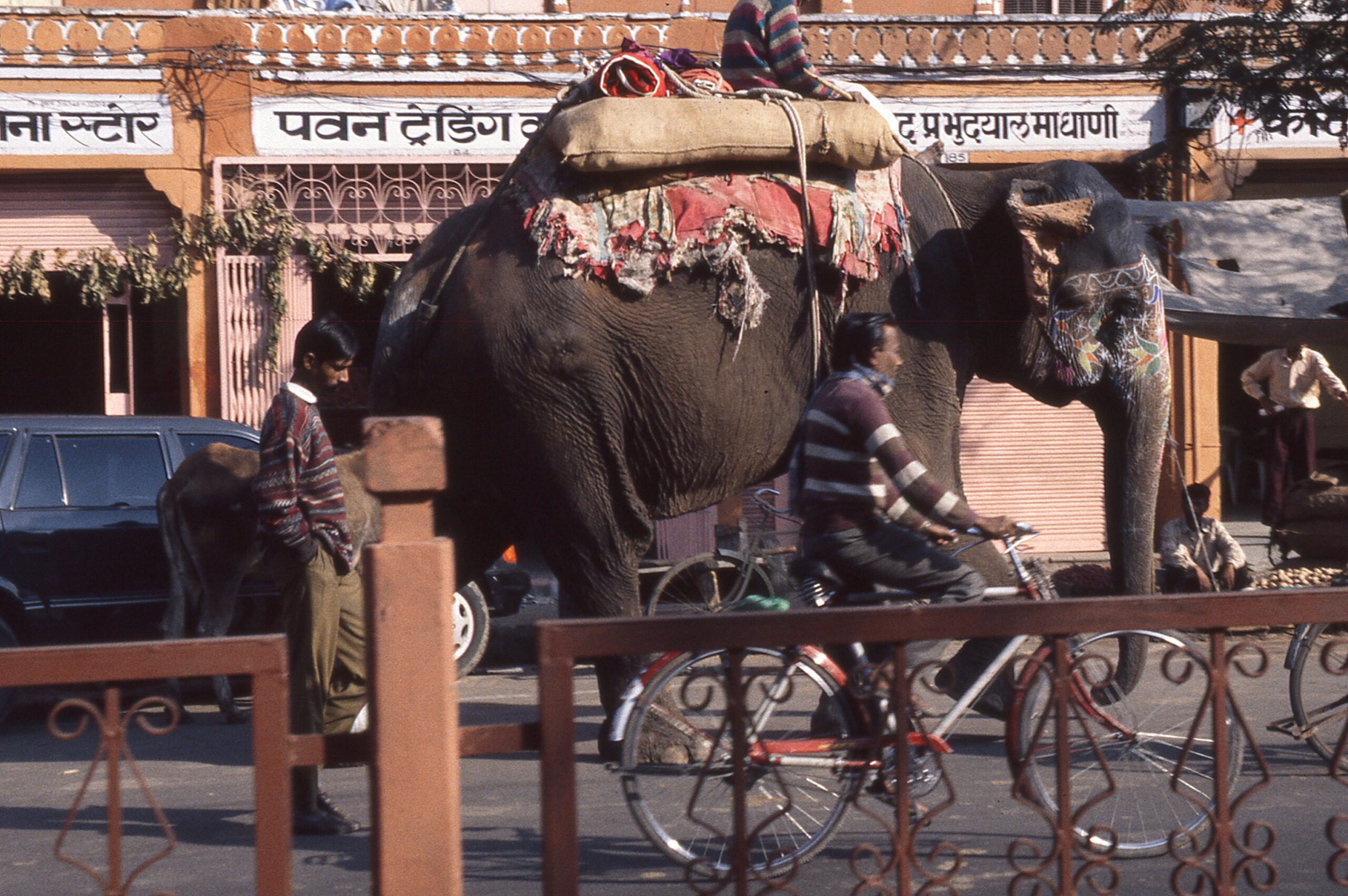
My Unplanned Trip to India I had planned an ambitious trip to five countries with a coworker I barely knew....

©Copyright 2026 | Mi Bella Mondo | All Rights Reserved
The material on this site may not be reproduced, distributed, transmitted, cached, or otherwise used, except with the prior written permission of Mi Bella Mondo.
Mi Bella Mondo is a registered DBA and wholly owned subsidiary of Xtrategi, Inc., a California-based IT consulting company established in 2014.